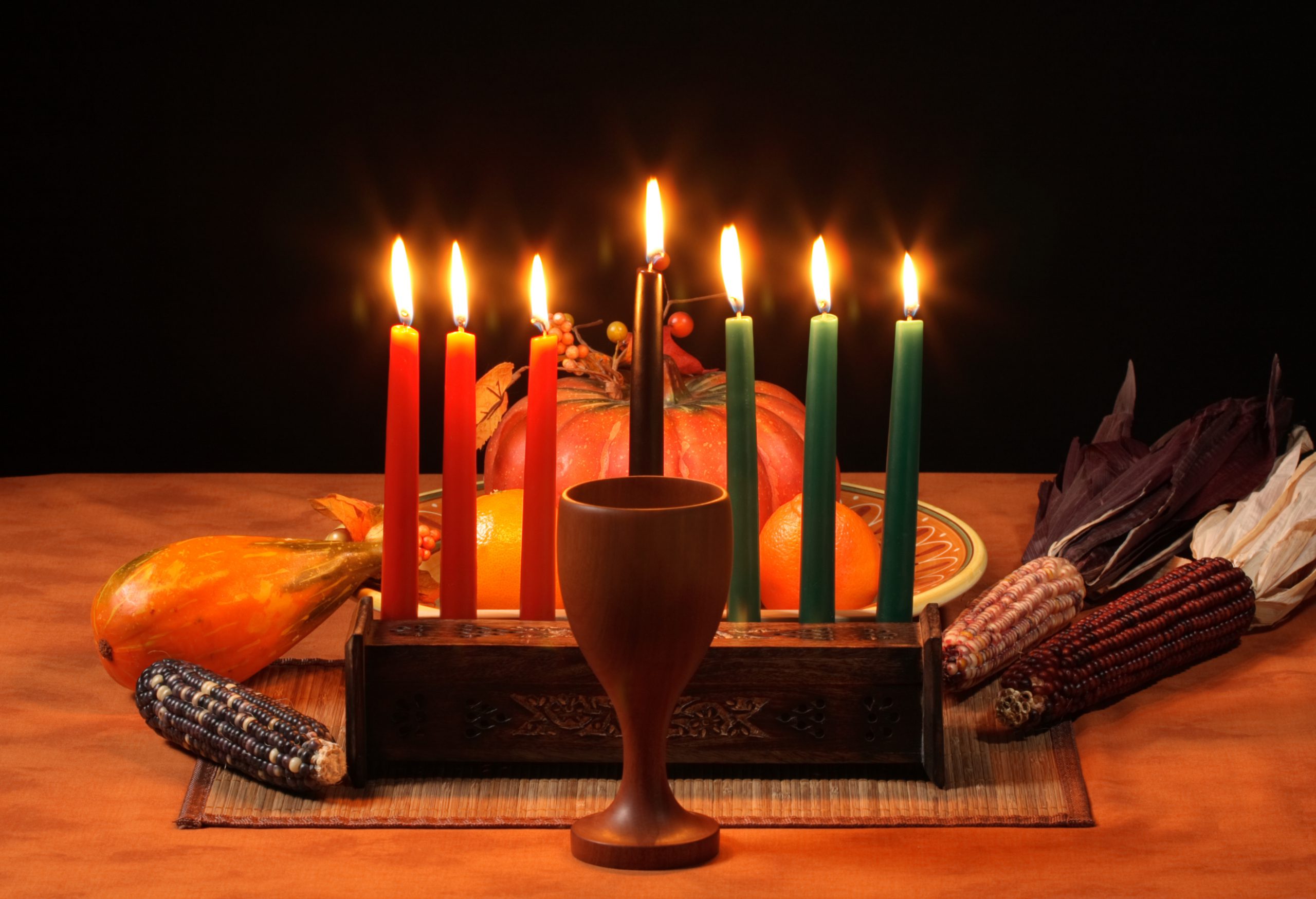Children’s Minnesota Black Employee Empowerment Network (B.E.E.N.) employee resource group (ERG) members share more about celebrating Kwanzaa
Kwanzaa is an annual celebration of African heritage that is celebrated for a full week by many African Americans living in the U.S. and abroad. The holiday was the first to ever celebrate Black history and is named after the Swahili phrase that describes the first fruits gathered during the harvest season.
The Black Employee Empowerment Network (B.E.E.N.) employee resource group (ERG) at Children’s Minnesota is excited to help celebrate Kwanzaa. Below you will find information about this holiday, and how it is celebrated:
What is Kwanzaa?
“I absolutely love celebrating Kwanzaa,” said Adriene Thornton, infection preventionist and B.E.E.N leader at Children’s Minnesota. “It is a time for me and my children to remember our why and give thanks and honor our history. Kwanzaa centers our hearts and minds so that we can start the new year in our purpose.”

In 1966—at the height of the civil rights movement—Maulana Karenga, a professor of African studies, came up with the idea for Kwanzaa. He wanted to create a holiday that allowed African Americans to pay tribute to their roots and bring some of the traditions and values from African cultures to everyday living.
Kwanzaa was originally considered part of the counterculture, but it has now become more mainstream. While it is not an official holiday in the United States, many who celebrate may have days off of work to celebrate because it coincides with the Christmas and winter holiday season.
When is Kwanzaa?
Kwanzaa is celebrated from Dec. 26 to Jan. 1 every year. Many people who celebrate Kwanzaa also celebrate Christmas, so many people will combine traditions from Christmas and Kwanzaa into the winter holiday season.
How is Kwanzaa celebrated?
The key tradition from Kwanzaa is the lighting of a symbolic candelabra, called the kinara, that holds three red candles, three green candles and one black candle. Families light one candle each night to remind them of these seven core principles of African heritage:
- Umoja (ooh-MOE-jah): This candle symbolizes the value of unity and is a reminder to strive for peace and unity in our family units, and within the community, and nation we live.
- Kujichagulia (koo-gee-cha-goo-LEE-ah): This candle is a reminder of self-determination or identity and is meant to encourage people to be themselves and be proud of who they are.
- Ujima (ooh-GEE-mah): This candle represents collective work and responsibility or collaborating with neighbors and family members to find answers to problems and do good works.
- Ujamaa (OOH-jah-mah): This candle is a reminder of cooperative economics or helping other members of the community prosper by doing business with one another.
- Nia (NEE-ah): This candle symbolizes the idea of living with the purpose of helping to elevate the African American community and fight for equality.
- Kuumba (koo-OOM-bah): This candle represents creativity, the goal of beautifying our communities more beautiful and better than we found them, and using our creative talents to build and improve the next generation.
- Imani (ee-MAH-nee): This candle symbolizes the importance of maintaining faith, and believing with all our hearts and minds in our people, our parents, our good and dedicated teachers and leaders, and in the greater good of the work we do for our community.
In homes where Kwanzaa is celebrated, the kinara is placed on a mat known as a mkeka. A number of items are placed around it, including:
- Corn and crops to symbolize the harvest.
- A cup called the ikombe cha Umoja that honors one’s African ancestors.
- Gifts, called Zawadi, for friends and family.
- Many families create elaborate displays that also include flags that represent their African roots and African works of art and handicrafts.
Often, each night is marked with a special meal. Communities may stage productions of African dance, host African poetry readings or showcase African art during Kwanzaa.
As we get ready to embark on a new year—with new journeys ahead—we are wishing everyone a blessed and happy Kwanzaa!